
From Ice to Inspiration: How Jordin Tootoo’s Unseen Battle Redefined Rock Bottom
Jordin Tootoo wasn’t just another face on the ice; he was the first Inuk to break into the NHL, carving out a fierce 13-season career across 723 games. Yet, behind the grit and scrappy play, Tootoo faced battles that no highlight reel could capture — wrestling with addiction, deep-rooted trauma, and the weight of family tragedies. He often described himself as a quiet, shy guy wrestling with self-doubt, a stark contrast to the agitator fans cheered for every night. His journey from Rankin Inlet to the bright lights of the NHL wasn’t just a story of athletic prowess but of resilience amid racism, loss, and personal demons. As Tootoo shares in his new documentary airing on Super Channel, every one of us is fighting unseen struggles — and his path is a powerful testament to that truth. Dive into the compelling saga of a trailblazer who turned pain into purpose and fights on far beyond the rink.
Inuk NHL trailblazer Jordin Tootoo was an agitator across 723 games in 13 NHL seasons.
But some of his biggest battles took place away from cameras and microphones.
On the inside, he was struggling with addiction, mental trauma and family issues.
“A lot of times, I was this quiet, shy guy who didn’t believe in myself,” Tootoo told THN.com as he promoted his new documentary, Tootoo, now airing on Super Channel in Canada. “Every person that walks on the street is fighting a fight no one knows about.”
As the first Inuk player in NHL history, Tootoo was a pioneer of sorts. But by the time he broke into hockey’s top league in 2003 with the Nashville Predators, Tootoo had already experienced racism and turbulence on and off the ice.
When he left his childhood home in Rankin Inlet, Nunavut, and began flourishing as a member of the WHL’s Brandon Wheat Kings, Tootoo knew he was blazing a trail for people like him.
By the time he got to the NHL, however, Tootoo had already experienced tragedy, as his older brother, Terence, died by suicide in 2002. But Terence left a note for Tootoo, and its contents stay with him to this day.
“Losing my brother at the age of 19, my path could have definitely taken a different direction, but I knew, in order for my brother’s legacy to live on, I had to keep going and live by his words on a daily basis,” Tootoo said. “The note that he left me, (telling me to) go all the way, take care of the family, you’re the man – I used that to motivate me and keep inspiring me to put my head down and keep his legacy living on.”
Tootoo developed an alcohol addiction in his adult days, and it affected virtually every aspect of his life. But after entering the NHL and NHL Players Association’s Substance Abuse and Behavioral Health Program in 2010, he began to understand and come to terms with the anguish he was enduring day in and day out.
Tootoo had quickly become a fan favorite in Nashville, as he was a smaller player at 5-foot-9 who never shied away from leaving his mark on opponents. But eventually, his off-ice struggles became apparent to Predators GM David Poile and coach Barry Trotz, and they helped Tootoo start to find the road to recovery.
“The first seven years of my career, I was this angry young kid who didn’t take crap from nobody,” Tootoo said. “And for me, fortunately, I had Mr. David Poile and Mr. Barry Trotz in Nashville that kept pulling me into their office and trying to talk to me. It was at one point where I went on a two-day bender, and I knew that it was going to be my time sooner than later, so I had to accept the help that was offered.”
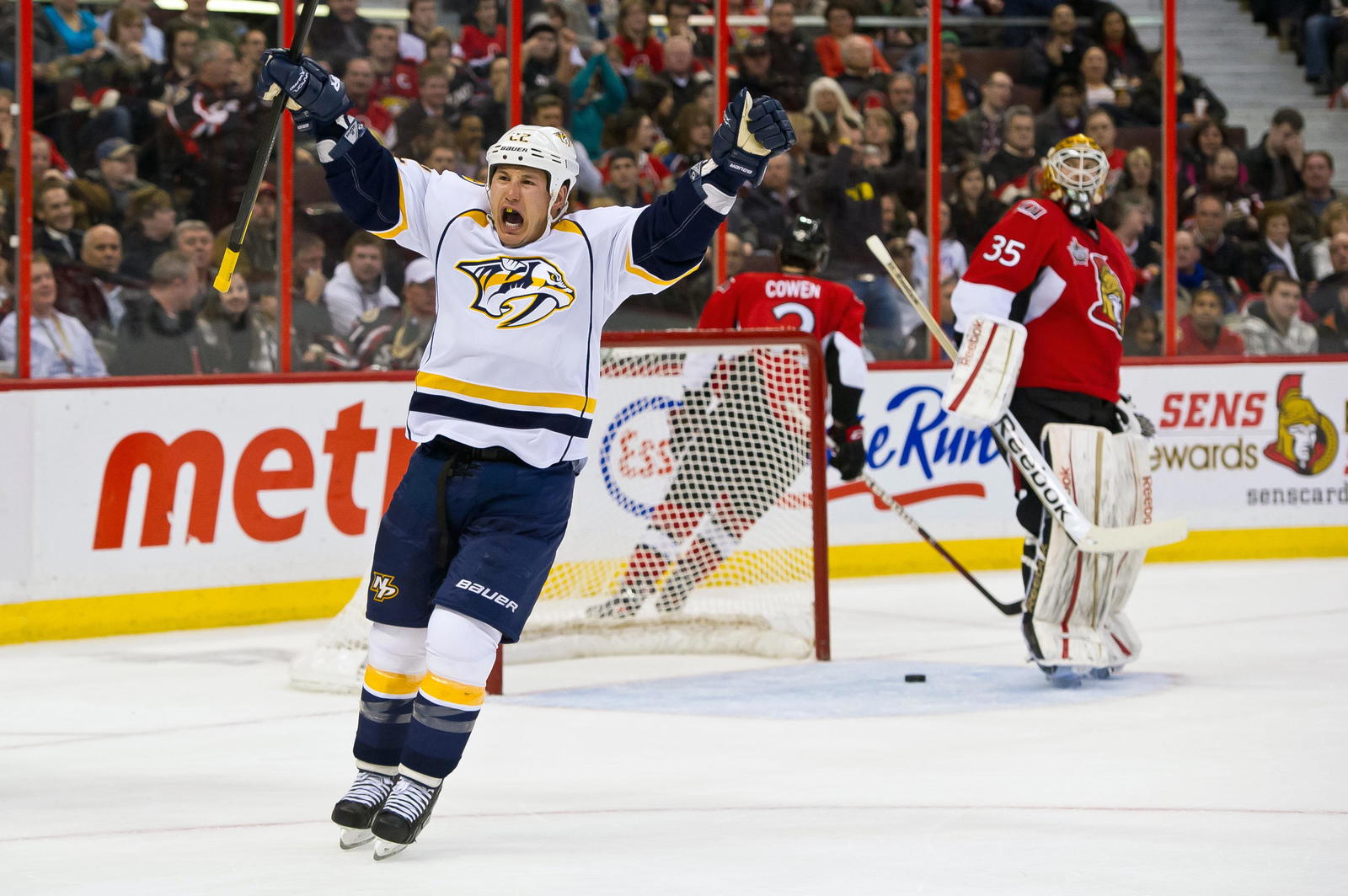
Over the years, Tootoo has also learned that the systemic racism he encountered has to do with pain and anger of the offending party, and not anything to do with himself or his background. And eventually, he came to understand that racist actions could be addressed by having empathy toward the people hurling epithets at him.
“A lot of times, when racism comes into hand, it’s not you – it’s that individual who’s struggling for themselves,” Tootoo said. “We’re human too, right? People look at professional athletes like we have this perfect life… Fans or people see professional athletes struggling, and then they say, ‘Well, how come they’re struggling – like they got the world by their hands, or you know, they got all the money in the world.’ Like, we’re human.
“And when I entered rehab and got out and started having clarity, I realized, I started thinking, ‘Wow, that individual who’s saying racist words to me is obviously having a lot of demons themselves that they’re battling through.’ ”
After his Predators career ended in 2012, Tootoo bounced around the NHL, playing for the Detroit Red Wings, New Jersey Devils and Chicago Blackhawks before retiring in 2017.
Since then, he’s been an advocate for therapy, Indigenous Peoples, and anyone struggling with some form of trauma. And his message – which comes through in the new documentary – is a simple one. “It’s different for everybody, right?” Tootoo said. “Everyone has different rock bottoms. I’m not one to tell an individual, ‘Hey, time to smarten up.’ I’m here to share my journey and what it’s done for my life and lead by example.”

For
action-packed issues, access to the entire magazine archive and a free issue,
subscribe to The Hockey News at THN.com/free. Get the latest news and trending stories by
subscribing to our newsletter here. And share your thoughts by commenting below the article on
THN.com or creating your own post in our community forum.







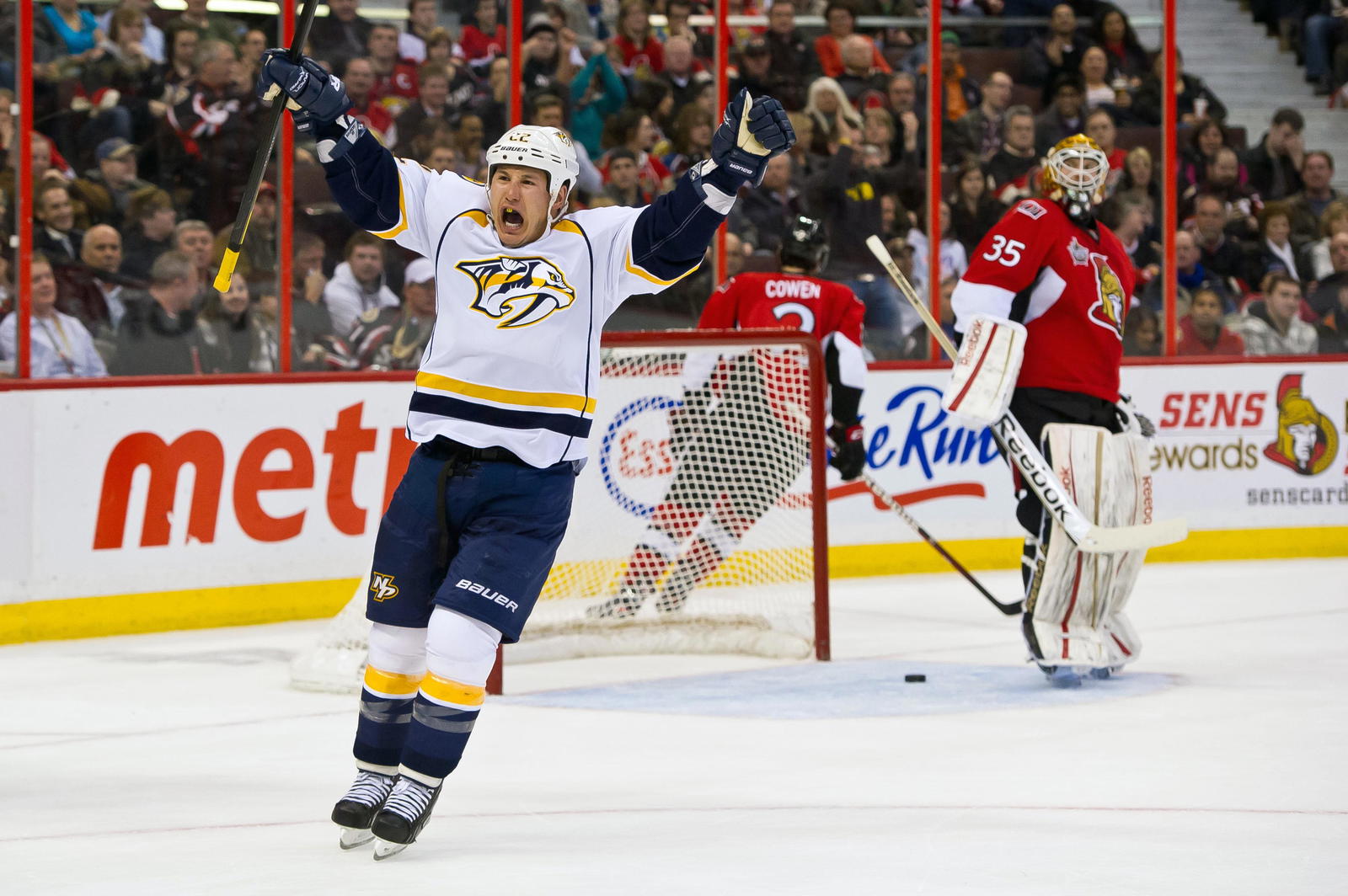
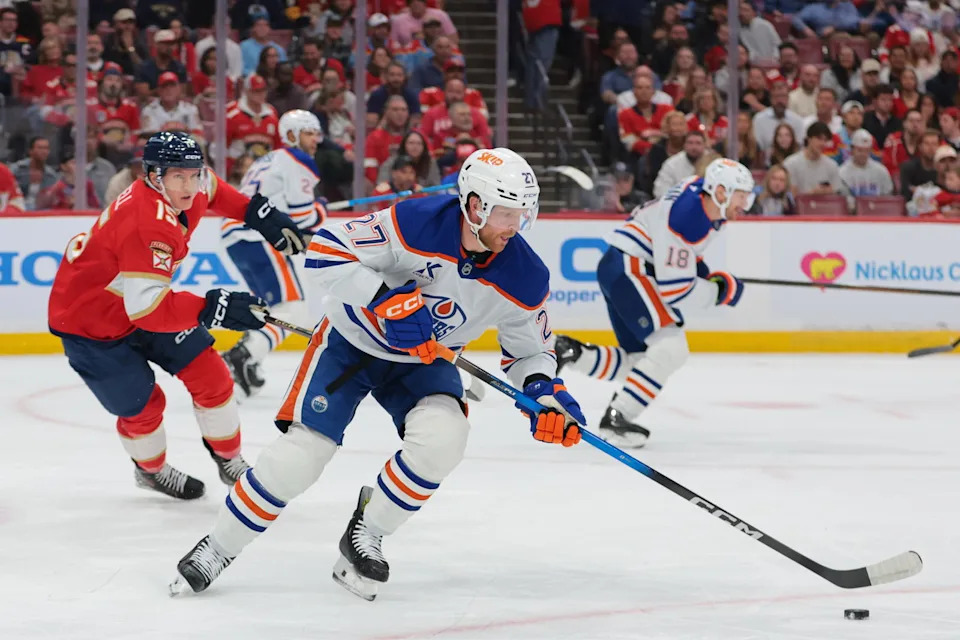
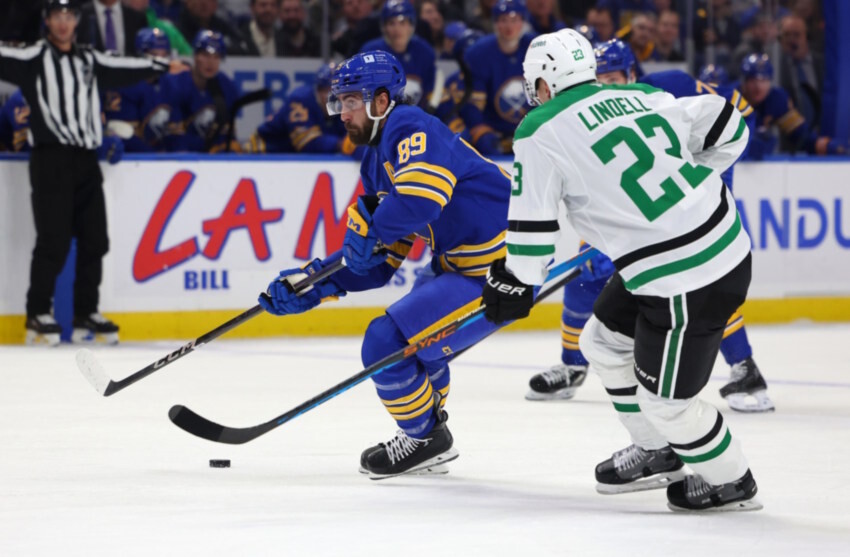
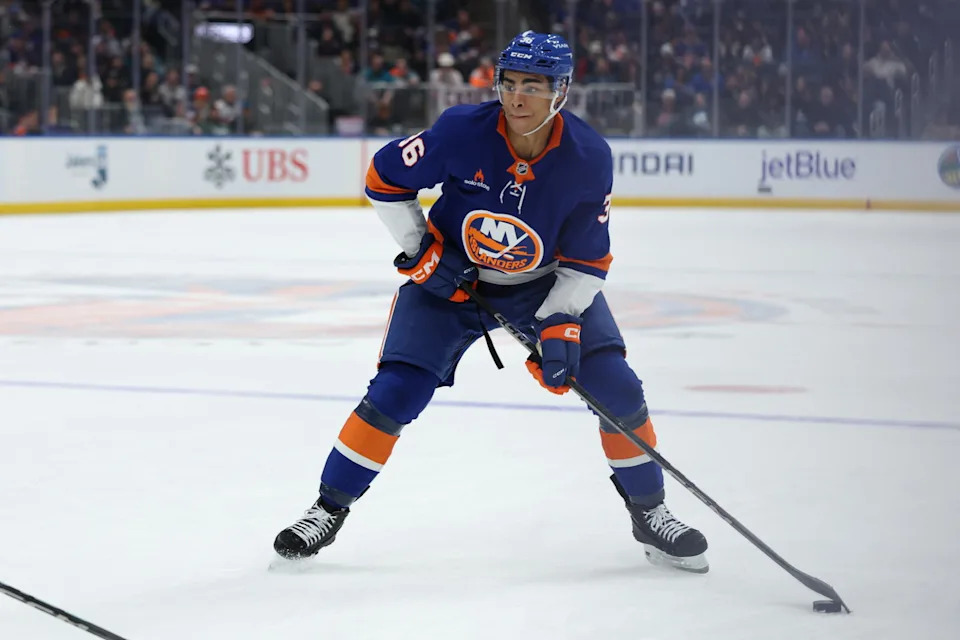

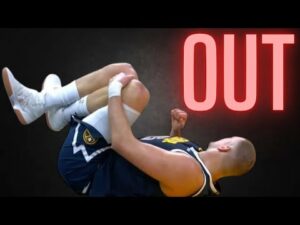


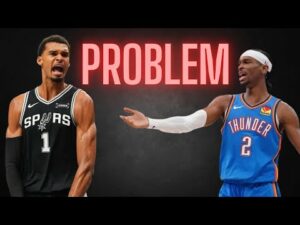
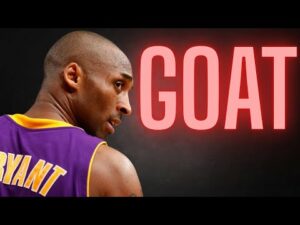
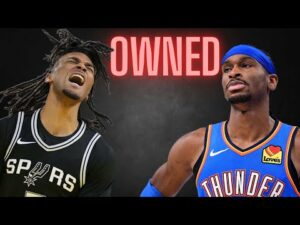
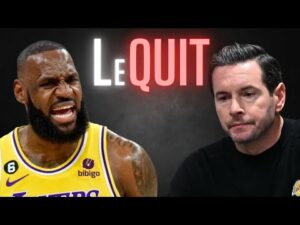

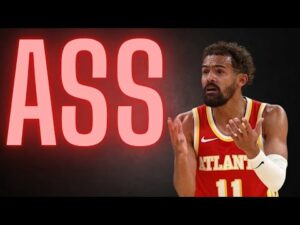


Post Comment